Dame Sarah Connolly, who has been fighting back at cancer, yesterday addressed Schubert’s Ode to Music with a rare gratitude.
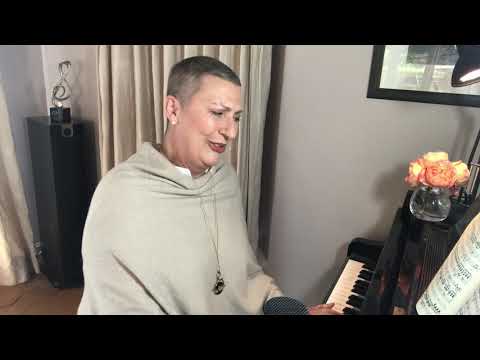
Dame Sarah Connolly, who has been fighting back at cancer, yesterday addressed Schubert’s Ode to Music with a rare gratitude.

Press release:
New York, NY, June 10, 2020—The Chamber Music Society of Lincoln Center (CMS) announces the postponement of its scheduled fall 2020 Season to fall 2021 due to the ongoing uncertainties of the current pandemic and its commitment, first and foremost, to the health and safety of its audiences, artists, and staff. Rescheduling the fall season as a whole was a conscious artistic decision.
It serves to honor both the artistic effort invested in the programming and the importance of the artists being able to eventually complete these creative endeavors. CMS will pay its performing artists 50% of their fees this season and 75% of their fees in 2021, to not only support them financially during these difficul times, but emotionally as well, by laying out a clear plan for moving forward that aims to inspire hope for the future.
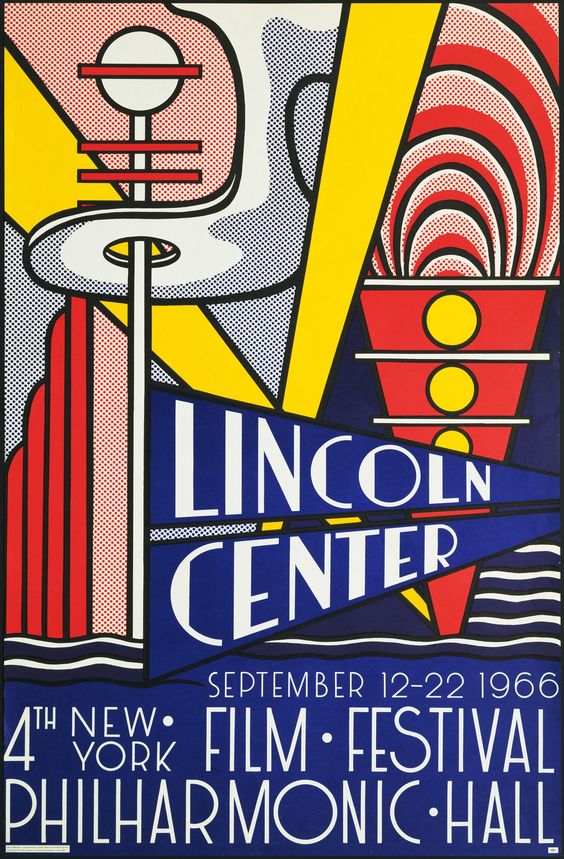
From Larry Johnson of Boston Classical Review:
Conductor Richard Pittman has suffered a severe stroke, leaving two of Boston’s most innovative ensembles artistically rudderless…
Longtime music director of the New England Philharmonic and Boston Musica Viva, the 85-year-old conductor was stricken in March. (His illness is wholly unrelated to Covid-19.) While Pittman continues to recover, his recuperation is both “challenging and slow,” according to NEP. Sadly, it seems unlikely that the enterprising conductor will be able to return to the podium anytime soon, if at all….
Read on here.
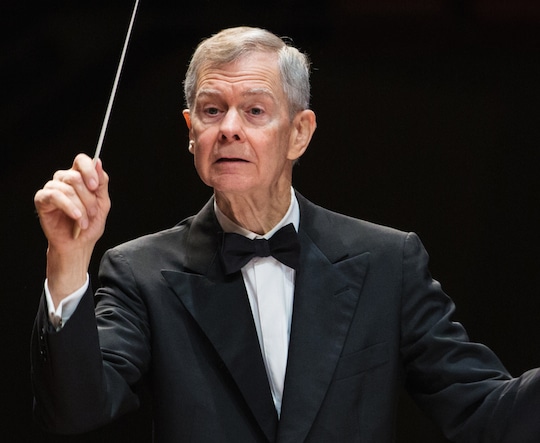
Press release:
The New York Philharmonic’s concerts through January 5, 2021, have been cancelled. “While the New York Philharmonic deeply regrets having to cancel our fall concerts, we had no choice,” said President and CEO Deborah Borda. “Our number one concern is the health and safety of our audiences, musicians, and employees. It has become very clear that large groups of people will not be able to safely gather for the remainder of the calendar year due to the COVID-19 pandemic. Our decision to let the entire Philharmonic family and our public know at this time has been strongly informed by New York State government regulations, along with the advice of medical experts.”
The New York Philharmonic hopes to resume live performances on January 6, 2021. Currently, the Philharmonic is exploring options for concerts in smaller gatherings when possible. Meanwhile, the Orchestra will continue to share broadcasts of past performances and new videos featuring Philharmonic musicians through NY Phil Plays On, offering more than 150 hours of free digital content….
Programming for concerts in 2021 is subject to change.
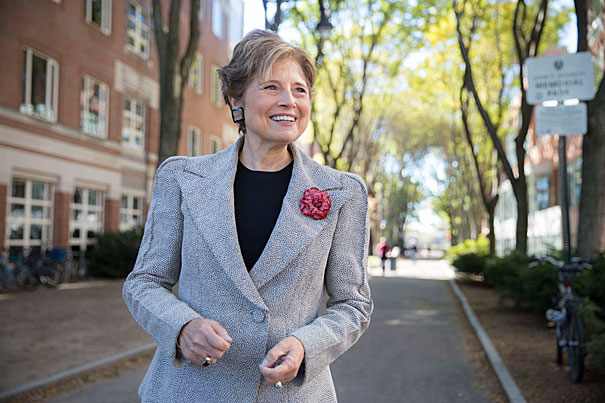
The LSO conductor and his friend, the Halle conductor Mark Elder, have sent a joint letter to the Guardian newspaper in response to an article predicting Armageddon for British orchestras. The tone is notably quiet, dark, sombre, even confused. I have never seen a text by Rattle with so little clarity and resolution. Here’s the letter, posted online about an hour ago:
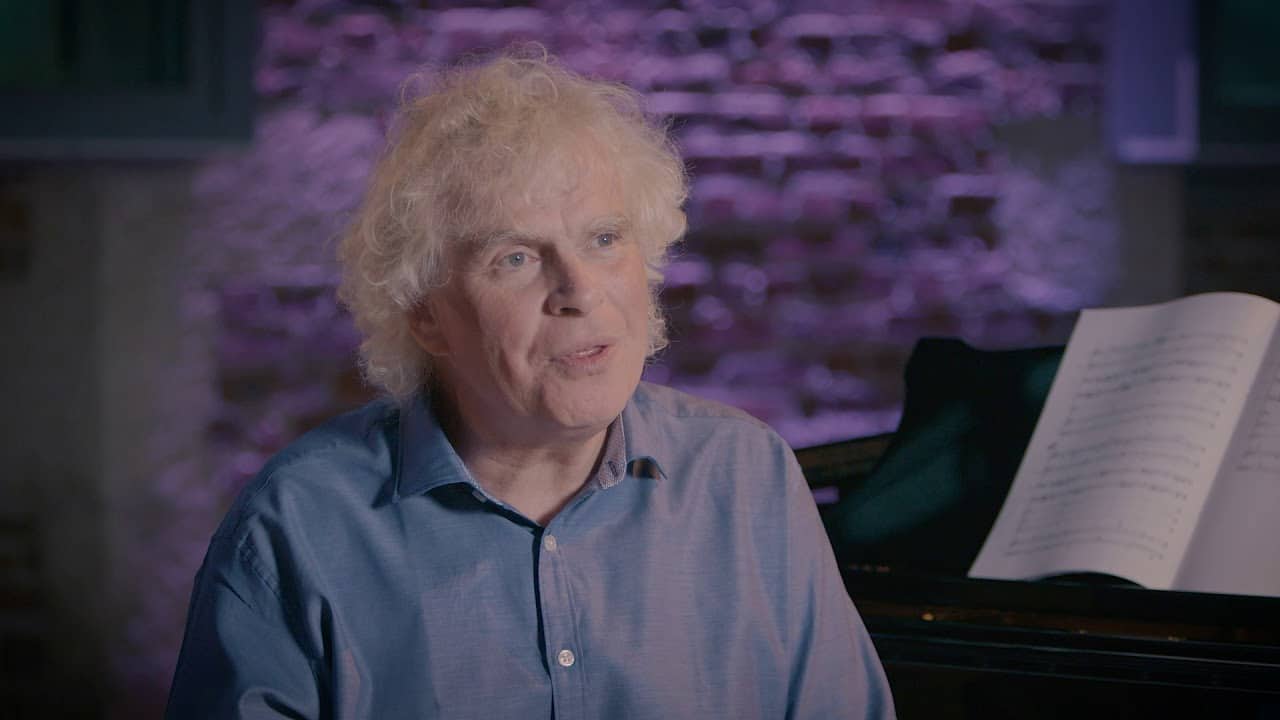
There are so many pressing problems to solve in the UK that it takes courage even to mention the desperate situation of classical music in the time of Covid-19.
There’s a real possibility of a devastated landscape on the other side of this; orchestras may not survive, and if they do, they may face insuperable obstacles to remain solvent in our new reality. What we write applies, of course, to all types of music, not just classical music which is our area of expertise. Our music is essentially a live experience and requires all the participants, performers and listeners alike, to be in the same room together. What we may do individually over the internet in these months is all well and good, but the living core of our work is a live communion, a sharing of space, art and emotion which is both vital and healing.
This healing will become ever more necessary in the coming time as we attempt to bear witness and understand what we have all gone through. In such an existential crisis, the realisation of our shared vulnerability will surely change and deepen our relationship to all the arts. In our own field we are asking ourselves; how can we get back to live music? How can we give our audiences the courage to gradually return?
More immediately, how can we maintain musical continuity when orchestras are silenced? And how do we nurture a generation of young musicians whose prospects look bleak just as they embark on a career in this ever more uncertain world?
The recent extension of the furlough scheme is a blessing and enables many organisations to hang on. For freelance musicians, which include four of the London orchestras among others, huge problems remain. Currently many freelancers fall between the cracks of the government’s self-employment schemes. We need to find a way to sustain some kind of backbone of income so that we will eventually be able to play whenever that will be possible. At the most basic level, despite all appearances to the contrary, musicians are humans. They need to eat and pay their bills. But we also need to play together and train, just like any sports team, albeit in a totally new environment. Crucially, this musical team is part of a complex structure that is focussed around, and serves, its home town or city.
We will have to reinvent the wheel in so many ways. Learning to play while remaining distanced from each other will be much harder than it may initially seem.
Our venues will have to learn to shepherd audiences in and out of performances in safety, and accept that at maximum only 25% capacity will be allowed, with all the economic knock on effects that this reality implies. We MUST find a way to play together soon, even without an audience, if we are to maintain anything like our normal standards, and we badly need clarity from government, a timeline, of when that might be and how it can be implemented. We understand that we cannot expect to revert to everything as it was before; we will be creative and tireless in making contingency plans and solving problems.
All musicians of whatever genre share the magnificent problem of an art form which is, fundamentally, songs transmitted to people in a room. When will our audiences have the chance to experience this once more?
We refuse to believe that live music will die, but it will not survive merely on energy and optimism. It will need support and understanding, particularly when it ventures out in public once more. The first year of performing with fewer musicians to a much smaller public will be our toughest time, and we will need a helping hand to make it through.
In Mainland Europe orchestras are gradually opening up and finding different ways to deal with the problems of distancing. Good practice is being built up: in the UK we must gain time by learning what has already been proved to work, rather than starting from the beginning yet again, with people not from the performing arts making the decisions. Until we have some practical idea of what our future might entail, musicians in our country will continue to feel out in the wilderness.
Sir Simon Rattle, OM, CBE, Music Director, London Symphony Orchestra
Sir Mark Elder, CH, CBE, Music Director, Hallé Orchestra
ROH Technical Director Mark Dakin has published an onslaught on his employer:
I am ashamed the organisation for which I work has chosen to exercise the privilege of staying publicly silent about the racist murder of the African American George Floyd, proactively choosing to ignore #blackouttuesday, as it always publicly ignores Black History Month, when so many of our contemporaries have chosen to use their considerable influence to publicly stand alongside their black, Asian and minority ethnic employees and communities more widely, in this devastating and traumatic moment… As a man of colour, the privilege of silence is something I do not have.
He called the ROH ‘an unrelentingly white organisation’.
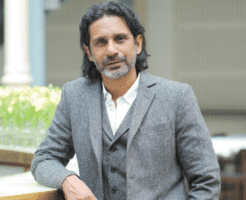
The ROH said: We are deeply troubled by events of the past fortnight and acknowledge that we need to effect and embed change at the Royal Opera House…. It is essential that we, alongside all our performing arts colleagues, take time to reflect and to renew our commitment to stamping out both conscious and unconscious racism.
The musicians have responded to the Met’s statement on Black Lives Matter with these specific demands:
• The Opera must commit to hiring composers and conductors of color in the operatic and symphonic seasons each year.
• The Opera must commit to hiring soloists of color during each Carnegie Hall season.
• The Opera must commit to hiring people of color in upper administration.
• The Opera must adjust its mission to include serving and engaging communities of color.
• The Opera must be inclusive in its engagement with its local community.
• The Opera must commit to an external review of the organization that focuses on issues of EDIB, including concerns regarding equity in employee compensation.
• The Opera must collaborate with the Metropolitan Opera Orchestra Committee on diversity and inclusion issues.
• The Opera must play a leadership role in encouraging systemic change with regards to EDIB at Lincoln Center.
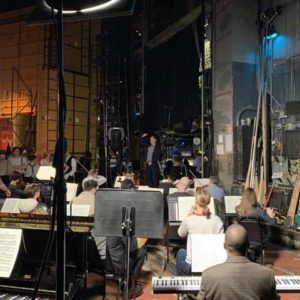
The death of Daniel Stolper, at 85, is being widely mourned.
Interlochen announced:
Stolper first arrived at Interlochen Arts Camp as an instructor of oboe in the summer of 1970 and joined the Arts Academy faculty in 1972. He retired in 2017 after more than 45 years of service to the institution.
The music world lost a giant today. Dan Stolper’s influence on generations of musicians through his work at Interlochen, Michigan State University, and the International Double Reed Society is truly inspirational,” said Interlochen Instructor of Bassoon Eric Stomberg. “His care for each and every student, interest in listening and learning throughout his career, and his true artistry on stage place him in a league of his own….
His former students include William Welter and Lora Schaefer of the Chicago Symphony Orchestra; Keisuke Wakao of the Boston Symphony; David Matthews of the Dallas Symphony; Nicholas Stovall and Kathryn Wilson of the National Symphony; and Scott Bell of the Pittsburgh Symphony, among others.
In addition to his role at Interlochen, Stolper held principal positions with the San Antonio Symphony, New Orleans Philharmonic, and Lansing Symphony. Stolper served for many years as the oboe editor of The Double Reed.
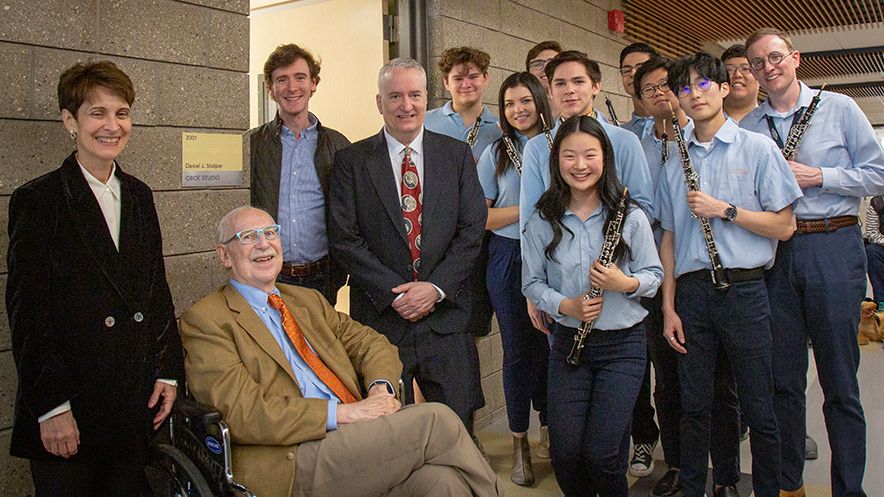
Cho Seong-jin’s sold-out tour of South Korea has been called off due to a sudden rise in Covid cases.
Tickets for all concerts next month sold out in less than an hour, except for Seoul, Yeosu and Busan, which have not yet gone on sale. This was to have been the Chopin winner’s first home visit for two years.
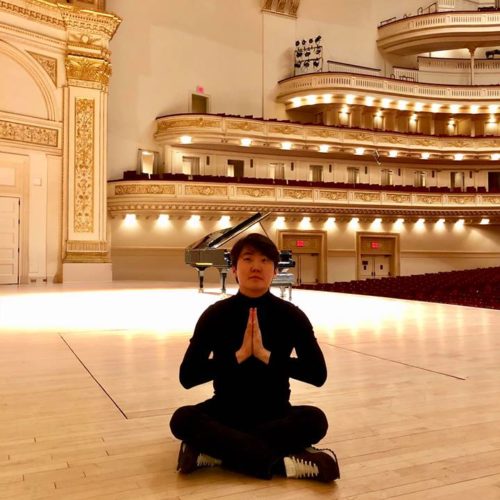
Marc Albrecht has been a dedicated music director of Dutch National Opera and the Netherlands Philharmonic for the past decade.
He leaves with no regrets, but he did want to say goodbye to his musicians and a few close friends.
In Covid times?
On June 20 he has been allowed to conduct some members of NedPhO in the Amsterdam Concertgebouw in front of 30 friends and donors.
Report here.
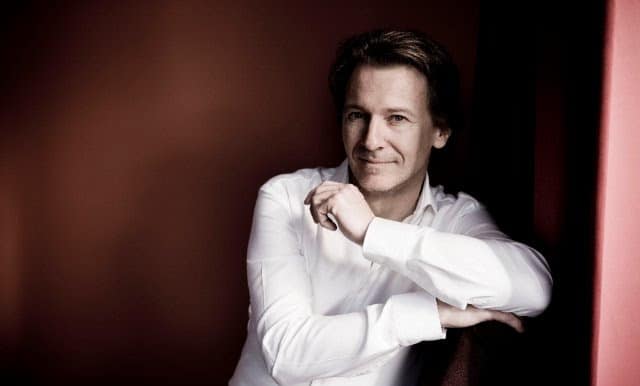
City Music Foundation is starting live concerts next Wednesday at 6pm from St Pancras Clock Tower, as safely distanced as can be.
Albeit without a live audience.
First up are Lotte Betts-Dean (mezzo), Andrey Lebedev (guitar), Bartosz Glowacki (accordion).
Outstanding musicians filmed and broadcast by sound professionals.
Catch it before your Eurostar departs.
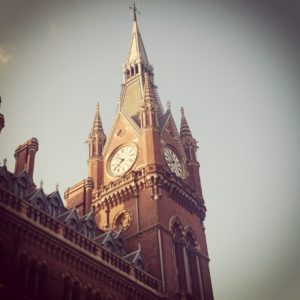
Details here.